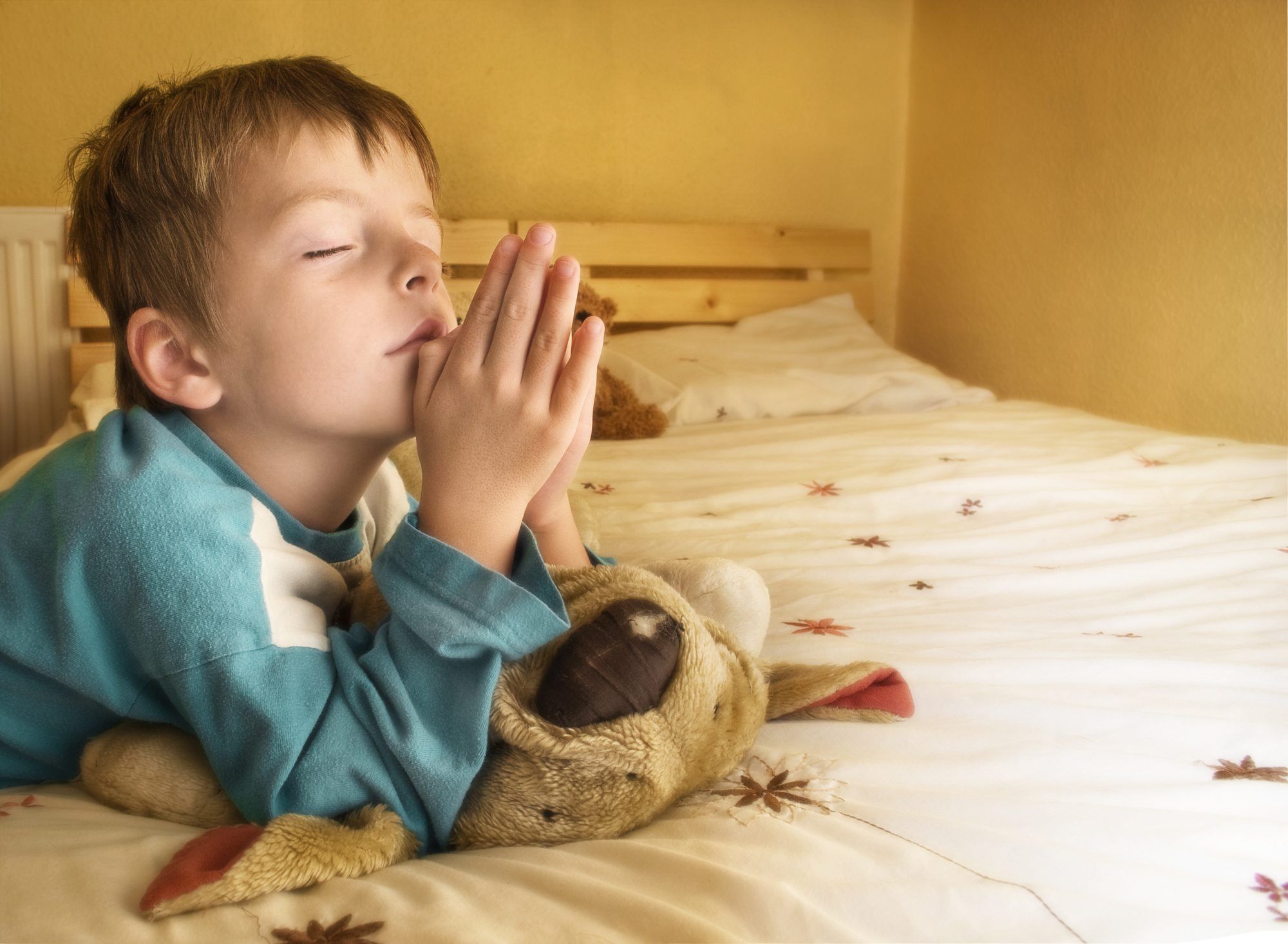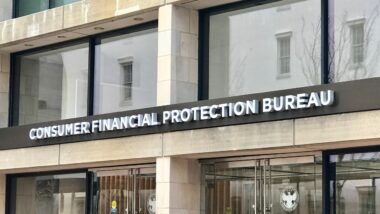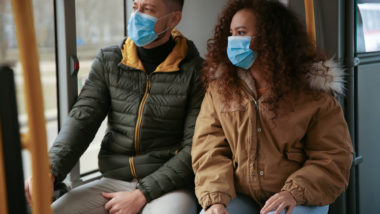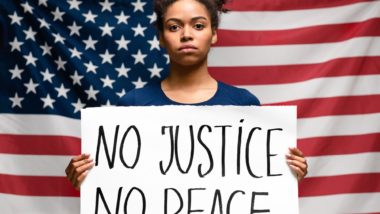Top Class Actions’s website and social media posts use affiliate links. If you make a purchase using such links, we may receive a commission, but it will not result in any additional charges to you. Please review our Affiliate Link Disclosure for more information.
As more and more abuse survivors come forward with allegations, faith communities are turning their attention to sexual abuse prevention.
Child sexual abuse is particularly more prevalent than once thought. Nearly one in 10 children will suffer sexual abuse before they turn 18, and 60 percent of child sexual abuse victims never tell anyone about the abuse, according to child abuse prevention organization Darkness to Light.
Sexual abuse is deeply traumatic, and for many survivors (especially children), coming forward with allegations of abuse may not be a safe or viable option for a long time after the abuse takes place, or they may not even be able to process or understand what happened to them. Child sex abuse can affect these survivors for years, leading to drug abuse, PTSD, depression, and more.
For the vast majority of children (about 93 percent) this abuse is perpetrated by an adult they know—often through a religious group or another trusted organization, according to RAINN (Rape, Abuse & Incest National Network).
What is the Responsibility of Religious Organizations in Sexual Abuse Prevention?
According to child sex abuse prevention organization Stop It Now, faith communities need to recognize that children may be at risk of harm. Even though the Roman Catholic Church sexual abuse scandal has made big headlines, sexual abuse among followers occurs among all faiths.
Every faith community should adopt a policy to prevent sexual abuse, according to Stop It Now. Many organizations that cater to children have enacted a “two adult rule” to ensure no child is left alone with one adult at any time. If a one-on-one meeting with a child is necessary, child advocates suggest holding such meetings where others can at least see the interaction even if they cannot hear it.
“If a child is in need of spiritual counseling, it would be appropriate to have a policy that any touching between an adult and a child should take place within sight and hearing of others,” recommends Stop It Now.
How to Prevent Sexual Abuse in Religious Organizations
No one wants to think that their child could be a victim of sexual abuse anywhere, ever. The blind trust some believers place in people of faith, though, may be something that people in power take advantage of.
In sexual abuse cases that have been brought to light, many victims respected and revered the perpetrators, whether the abusers were priests, scout leaders, church volunteers, or youth organization leaders. The common denominator is that each of the abusers held a place of authority that children would be especially hesitant to question.
Sexual Abuse Prevention Programs
Several organizations offer online and in-person trainings to help prevent, recognize, and react to child sexual abuse allegations.
Darkness to Light has a program called Stewards of Children, which is a two-hour training that educates adults on how to effectively prevent and report child sexual abuse. One study in Texas found that educators who had received Stewards of Children training increased their reporting of previously unrecognized child sexual abuse by 82 percent in the 12 months following the training.
GRACE (Godly Response to Abuse in the Christian Environment) started a Safeguarding Initiative that helps churches, schools or any other faith community begin a “best practices” program to protect vulnerable members and address the reasons that abuse occurs in the first place.
The GRACE website says that mental health experts, former prosecutors, and pastors are GRACE Certification Specialists who provide on-site building risk assessments and expert training for every church group, including leaders, adults, youth, and children. GRACE also provides steps for the faith community to adopt a healing environment for abuse survivors.
The United Nations Virtual Knowledge Centre to End Violence Against Women and Girls offers tips for faith communities to make a positive influence.

Some faith communities forge relationships with local sexual assault and domestic violence programs to create a place for those who wish to combine their faith with their healing process.
Faith-based groups are also encouraged to adopt policies that provide appropriate responses to both victims and perpetrators, to teach leaders about the importance of confidentiality, and also about child abuse reporting requirements. Any misconduct by clergy or spiritual leadership should also have a reporting procedure.
Researchers Identify Sexual Grooming Used by Religious Authoritarians
University of Alberta sociologist Stephen Kent and MacEwan University sociologist Susan Raine conducted research into the way people in positions of authority within religions tend to groom their victims.
Raine spoke with a University of Alberta reporter about their research.
Raine explained that some abusers take months or years to develop a relationship that the abuser directs toward an end goal of sexually abusing the child or teen. The religious authoritarian often starts by touching the victim in non-sexual ways that gradually becomes more sexual over time, but the innocent child might not even realize the progression is abusive or may feel as if he or she has provided consent, said Raine.
“Abusers draw not only on their positions of power and authority as adults, which is potent in and of itself, but also on assertions about God’s will – the ultimate unquestionable authority for religious adherents – and a figure that can inspire fear as much as it can awe and love,” Raine said.
Because the abuser often has become such a familiar person to the abused child and the child’s family, the allegations of sexual abuse may seem unbelievable to the family, at least at first, she said.
While Raine doesn’t want society to perceive all religious leaders as bad actors, she did say that sexual abuse prevention is less about stranger danger and is more about the dangers often presented by someone known to the family and often trusted. Such predators aren’t only found within religious organizations, but may present in the form of a community leader, coach or relative.
Filing a Sexual Abuse Lawsuit
A growing number of victims of childhood sexual abuse are coming forward with allegations of their abuse in states all across the country. Survivors have filed litigation against their abusers, as well as the organizations they allege allowed the abuse to take place by failing to protect victims or even actively covering up the abuse. So far, lawsuits have been filed against religious organizations including the Catholic church, Jehovah’s Witness, and more.
If you are a survivor of sexual abuse committed by a clerical member, church leader, volunteer, or fellow student, even if that abuse took place years or even decades ago, you may be able to hold the institution and those responsible for the abuse accountable.
Filing a lawsuit can be a daunting prospect, especially over something as traumatic as child sex abuse, but Top Class Actions works with attorneys who are experienced in filing sexual abuse lawsuits. Consulting an experienced attorney can help you determine if you have a claim, navigate the complexities of litigation, and maximize your potential compensation. Don’t wait another day to hold a perpetrator responsible for their actions.
Join a Free Church Sex Abuse Lawsuit Investigation
If you or a loved one were a victim of religious sexual abuse, you may be able to take legal action against your perpetrator and others who turned a blind eye to the sexual abuse. Use the form on this page to submit information about your clergy sexual abuse.
This article is not legal advice. It is presented
for informational purposes only.
ATTORNEY ADVERTISING
Top Class Actions is a Proud Member of the American Bar Association
LEGAL INFORMATION IS NOT LEGAL ADVICE
Top Class Actions Legal Statement
©2008 – 2024 Top Class Actions® LLC
Various Trademarks held by their respective owners
This website is not intended for viewing or usage by European Union citizens.
Get Help – It’s Free
Join a Free Church Sex Abuse Lawsuit Investigation
If you qualify, an attorney will contact you to discuss the details of your potential case at no charge to you.
PLEASE NOTE: If you want to participate in this investigation, it is imperative that you reply to the law firm if they call or email you. Failing to do so may result in you not getting signed up as a client or getting you dropped as a client.
E-mail any problems with this form to:
Questions@TopClassActions.com.
Oops! We could not locate your form.













